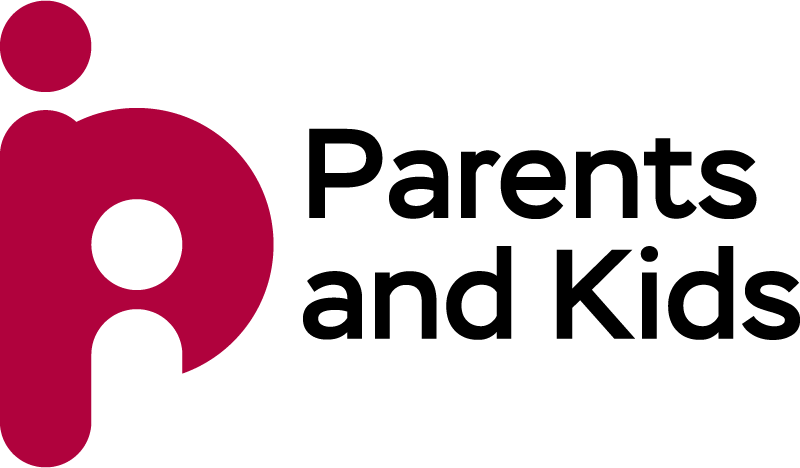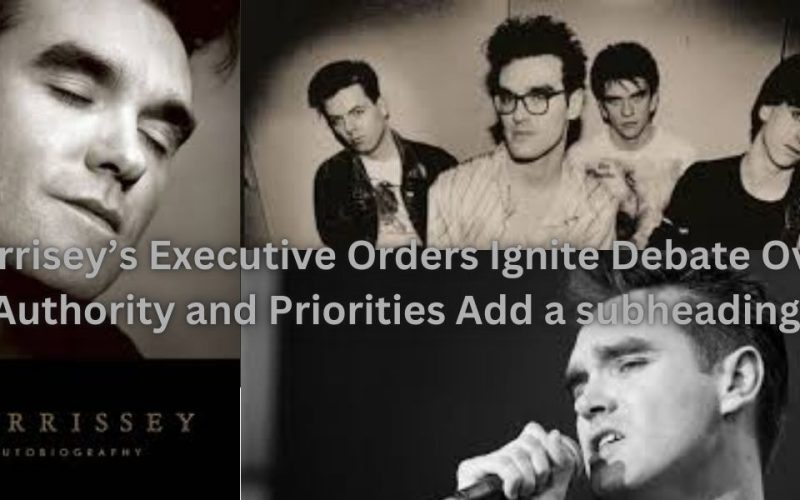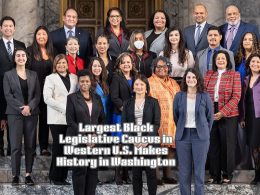New Governor Patrick Morrisey Hits the Ground Running with Executive Orders, Faces Pushback on Controversial Decisions
Governor Patrick Morrisey wasted no time implementing his agenda after taking office, issuing a flurry of executive orders aimed at fulfilling campaign promises. His initial actions include directives to streamline state agencies, review state spending, and examine regulations and licensing requirements to enhance West Virginia’s competitiveness with neighboring states. These steps align with his pledge to improve government efficiency and modernize state operations.
While Morrisey’s commitment to a leaner, more effective government has garnered praise, a couple of his executive orders have sparked significant controversy.
Executive Order 7-25: Religious Exemption for School Vaccinations
One of Morrisey’s most contentious orders is Executive Order 7-25, which seeks to provide a religious exemption for mandatory school vaccinations. Critics argue that this move oversteps his authority and undermines existing state laws.
State code (16-3-4) mandates immunizations for schoolchildren as a requirement for enrollment in public and private schools. Legal experts and public health officials have pointed out that the governor lacks the authority to bypass this law through an executive order.
Morrisey’s justification rests on the 2023 Equal Protection for Religion Act, a statute many see as too vague to support such a sweeping declaration. The governor’s assertion that West Virginia’s lack of a religious exemption makes it an outlier has also been met with resistance. Public health advocates counter that the state’s stringent vaccination policies have helped protect children from preventable diseases like measles, which has seen a resurgence in areas with relaxed immunization rules.
Former Governor Jim Justice vetoed similar legislation last year after pediatricians warned it would endanger public health. Critics of Morrisey’s order, including healthcare professionals, argue it threatens the progress West Virginia has made in safeguarding children’s health.
Targeting DEI Programs
Another divisive move is Morrisey’s executive order eliminating diversity, equity, and inclusion (DEI) initiatives in state government. DEI has become a lightning rod for criticism among social conservatives, and Morrisey’s order appears to target programs he believes are ideologically driven.
While the impact of DEI programs on state governance is minimal, their removal could jeopardize federal funding for institutions that rely on compliance with DEI standards. Observers view this move as a symbolic effort to solidify Morrisey’s conservative credentials, possibly in preparation for a future U.S. Senate run.
Hypocrisy Claims Emerge
Morrisey’s rapid use of executive orders has drawn comparisons to his past criticisms of President Biden for issuing a slew of orders early in his presidency. In 2021, Morrisey argued that such actions were at odds with calls for unity. This perceived inconsistency has not gone unnoticed by political opponents and commentators.
Balancing Power and Responsibility
Governors wield considerable power to implement their policies, but that power is not absolute. Critics of Morrisey’s recent actions argue that he is exceeding his authority, ignoring established laws, and prioritizing political posturing over governance.
While his efficiency-focused orders have been widely welcomed, his controversial decisions on school vaccinations and DEI programs highlight the challenges of balancing campaign promises with the limits of executive power.
As Morrisey settles into his role, West Virginians will be watching closely to see how he navigates these challenges and whether his administration can deliver on its promises without overstepping legal and ethical boundaries.
Reference news : Morrisey’s week one overreach










